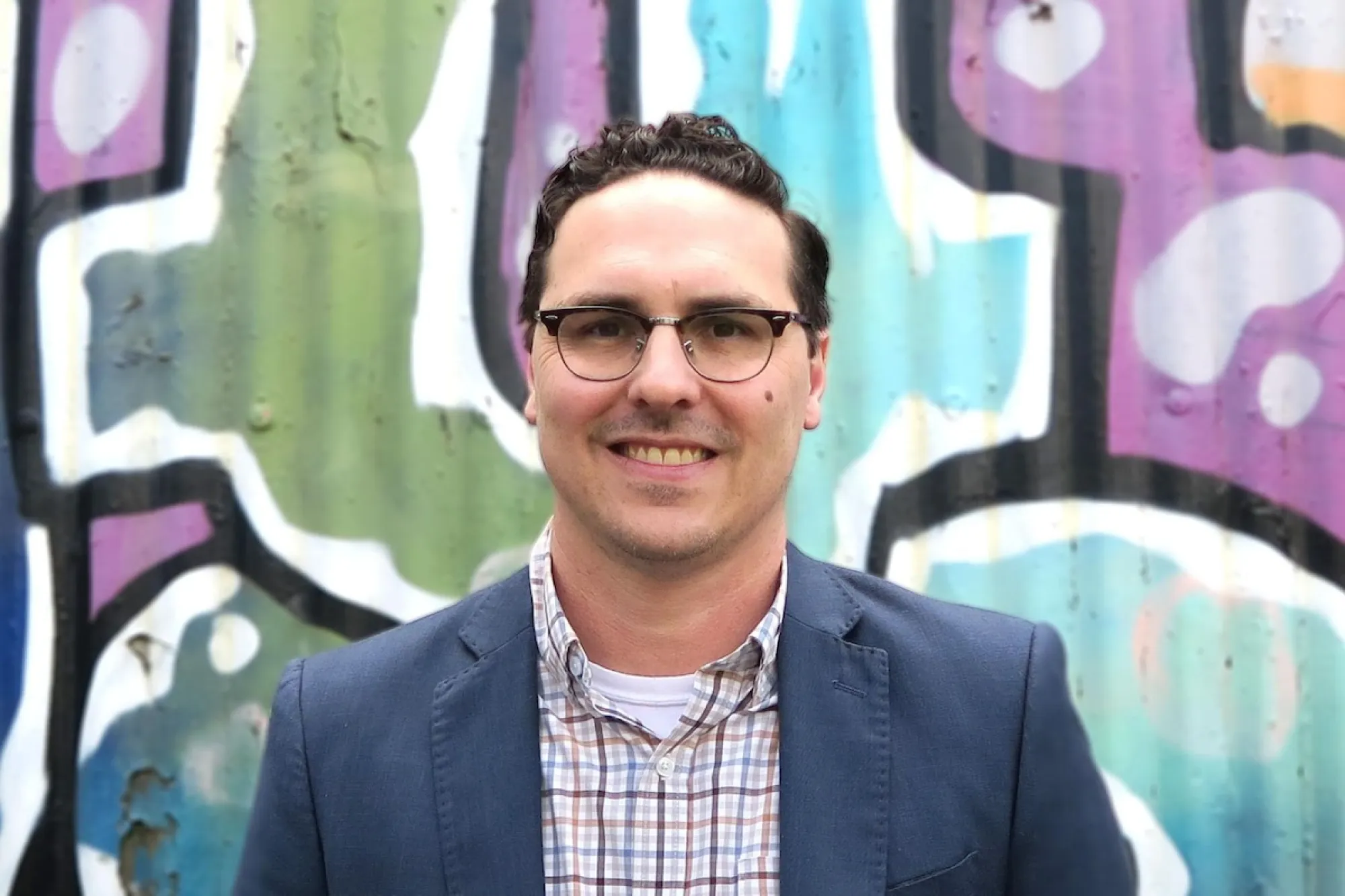New Faculty Q&A: Ethnomusicology Assistant Professor Tony Rasmussen

Assistant Professor Tony Rasmussen is a music scholar specializing in music and sound studies of Latin America and Latinx communities across the U.S. His research engages (inter)personal listening histories to explore how individuals experience and draw meaning from a shared sonic experience in multivalent ways, exposing culturally inflected currents of belonging and difference. His postdoctoral research, supported by the UC MEXUS/CONACYT Postdoctoral Research Fellowship, approaches the endemic whistle practices of Mexico City as potent indices of gender, race and social class, and represents one of the first investigations to approach the topic of global whistles from a sociocultural perspective. Rasmussen is also a nonprofit development specialist and community arts educator, deeply committed to creating pathways of agency and resilience for underserved communities in the U.S. and Mexico. He holds a Ph.D. in Ethnomusicology from University of California, Riverside and an M.F.A. in Integrated Music Composition, Improvisation and Technology from University of California, Irvine.
Tell us about the classes you’ll be teaching this year.
I’m pleased to say that I’ll be teaching three classes this year. This fall, I’ll teach an undergrad/grad course, Music and Nationalism, where we’ll approach the subject from a cross-cultural perspective. In spring, I’ll teach an undergrad/grad course called Public Sector Pathways for Music Majors, meant to empower students with career building tools both within and outside of academia. Also this spring, I’ll teach a graduate seminar called An Introduction to Sound Studies – Sounding Latinidad, where students will explore how sounds shape daily lives in different cities (e.g., Mexico City, Los Angeles) and apply that knowledge to the sounds of their own communities.
What attracted you to the Butler School of Music and The University of Texas at Austin?
UT Austin looms large in my mind, and BSOM in particular. I started my musical journey as a pop music performer/songwriter in Los Angeles, and some of my first collaborators happened to be BSOM alumni. This gave me an early impression of the aura of professional excellence that UT musicians carry with them. It also turns out that some of my absolute favorite Latin American and sound studies scholars teach or have taught at UT Austin, and I’m proud to say that now these folks are my colleagues!
How did your professional pathway lead to your current focus?
My research focus, in a nutshell, is about Latin American and Latinx music and expressive cultures. Growing up in the Los Angeles area — making music with artists with very different disciplines (e.g., rock, Persian classical, jazz, mariachi) and socio-cultural backgrounds — I became increasingly interested in understanding how one’s identity and life experience might inform perception and creativity. Serendipity struck when I arrived in the ethnomusicology Ph.D. program at University of California, Riverside; there I found mentors with great insight and enthusiasm about my research interests, as well as helpful connections with the National Autonomous University of Mexico (UNAM), where I began my fieldwork. Through a network of mentors, I built a pathway that capitalized on my own interests and background, and this is precisely how I aim to support UT students.
What’s something that students and colleagues should know about you?
During the last five years, I worked in the nonprofit sector: first, as a music education director, fighting to get music programs into underserved public schools in Los Angeles, and most recently, as a development specialist, raising money to support the nation’s largest Latinx-focused, non-commercial radio network. This experience has shown me that musicians and scholars—with their creative problem solving, collaborative skills, and discipline—have a great deal to offer their communities and society at large, and I plan to advance this ethos of service in my new role at UT Austin.
What do you enjoy doing when you’re not teaching/researching/working?
I’m the father of an almost-3-year-old kid. So, when I’m not working, I chop apples into bight-sized chunks, push swings and make up silly songs.

